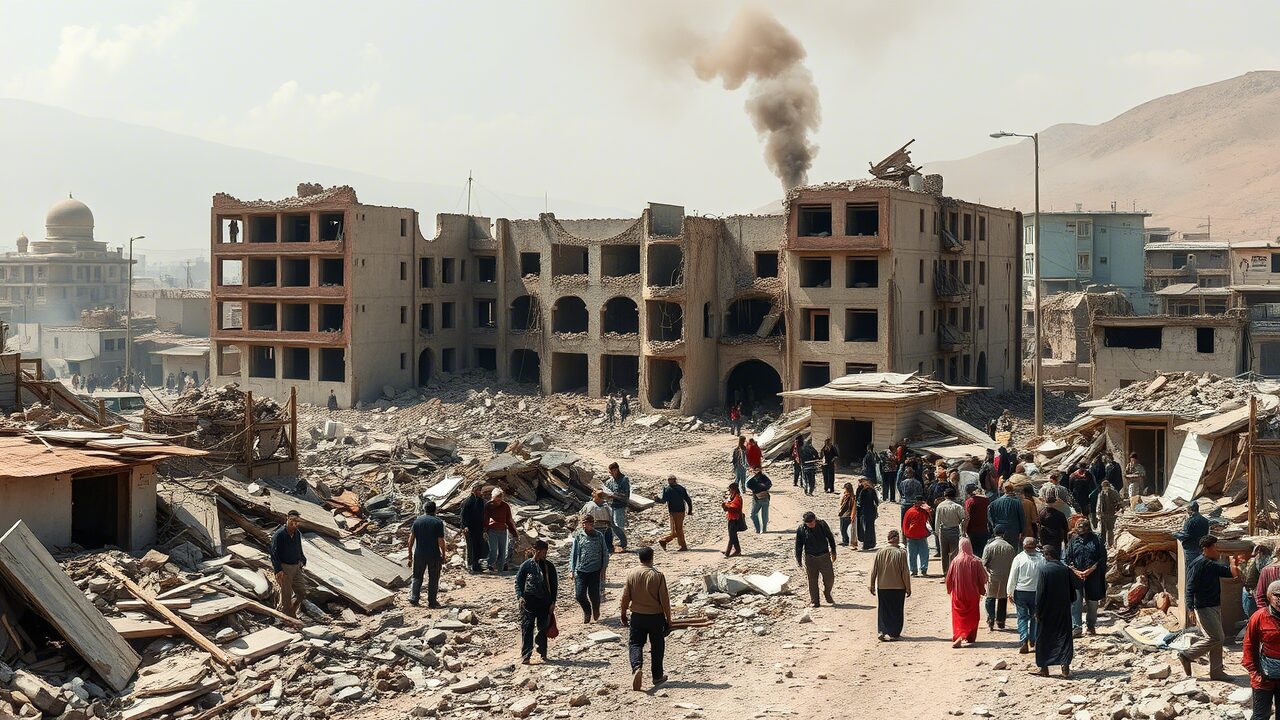Earlier on May 3, the sole functioning health unit in Old Fangak was bombed from the air. Doctors Without Borders (MSF) confirmed at least seven people were killed and twenty more wounded when two armed helicopters struck the hospital and pharmacy before sunrise. The entire medical stock was razed, depriving the neighboring population of any immediate access to care.
“Stop the Bombing. Protect Civilians. Protect Healthcare.”
MSF mission leader in South Sudan, Mamman Mustapha, described the scene as “horrific and catastrophic.” After the initial blast destroyed the pharmacy, the gunships continued shelling the surrounding neighborhood for half an hour. Civilians fled as the building that had served this community since 2014 burned to the ground.
A Nation on the Brink
This attack comes amid rising tensions between President Salva Kiir and First Vice‑President Riek Machar—leaders of the country’s two largest ethnic groups. Their power‑sharing agreement recently collapsed, rekindling fears that South Sudan could revert to the vicious civil war that claimed hundreds of thousands of lives a decade ago. The United Nations has warned that the breakdown of negotiations risks a new nationwide conflict.
Who Is Responsible?
Opposition SPLM‑IO–affiliated local officials assert that only government forces possess the helicopters and weaponry capable of such an assault. Witnesses saw military choppers overhead before the bombs fell. The government’s account is still pending as investigations continue.
Wider Escalation
In the past month, multiple air strikes—some supported by Ugandan troops—have targeted towns across Upper Nile State. Markets and military bases have also been bombed, triggering large‑scale displacement. Western embassies have formally appealed to President Kiir to release detained opposition leaders and resume peace talks.
What Happens Next?
With national elections postponed until 2026 and political dialogue stalled, human rights organizations warn that civilians remain highly vulnerable. Restoring medical services in Old Fangak will be a top priority—provided the bombing stops and aid workers can return safely. In the short term, survivors face the double tragedy of lost loved ones and the absence of local healthcare.



